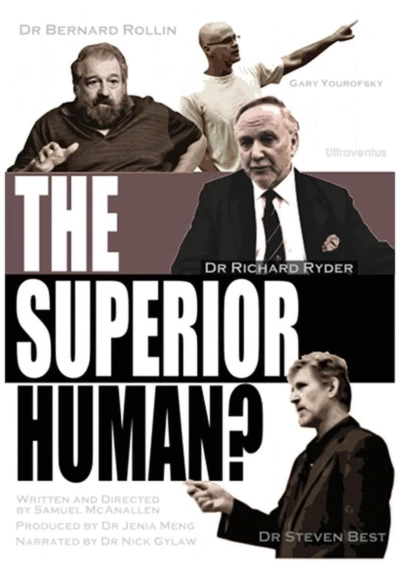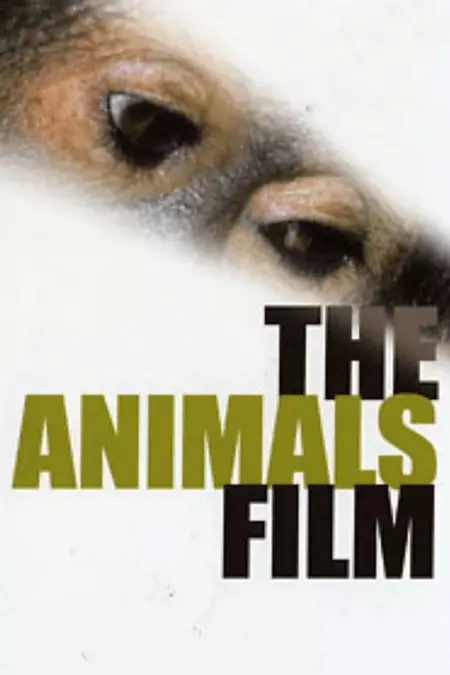Biography
(No Information)
Filmography
all 3
Movies 2
self 2
TV Shows 1
Self - Chairman, Liberal Animal Welfare Group

Split Screen (1986)
TV
Information
Known ForActing
GenderMale
Birthday1940-07-03 (84 years old)
Birth PlaceCorfe Castle, United Kingdom
SpouseAudrey Jane Smith
ChildrenEmily Nancy Charlotte Ryder, Henry Arthur Woden Calcraft Dudley Ryder
FatherDudley Claud Douglas Ryder
MotherVera Mary Cook
CitizenshipsUnited Kingdom
This article uses material from Wikipedia.
Last updated:
 Richard Ryder
Richard Ryder- Filmography
- Information

